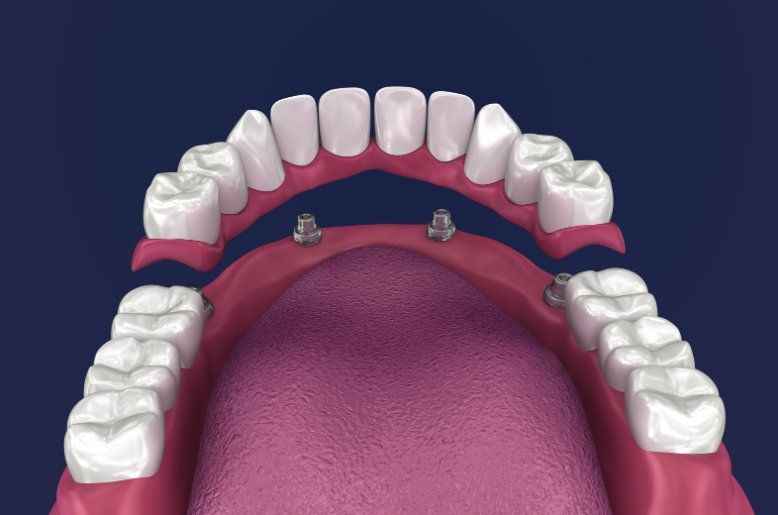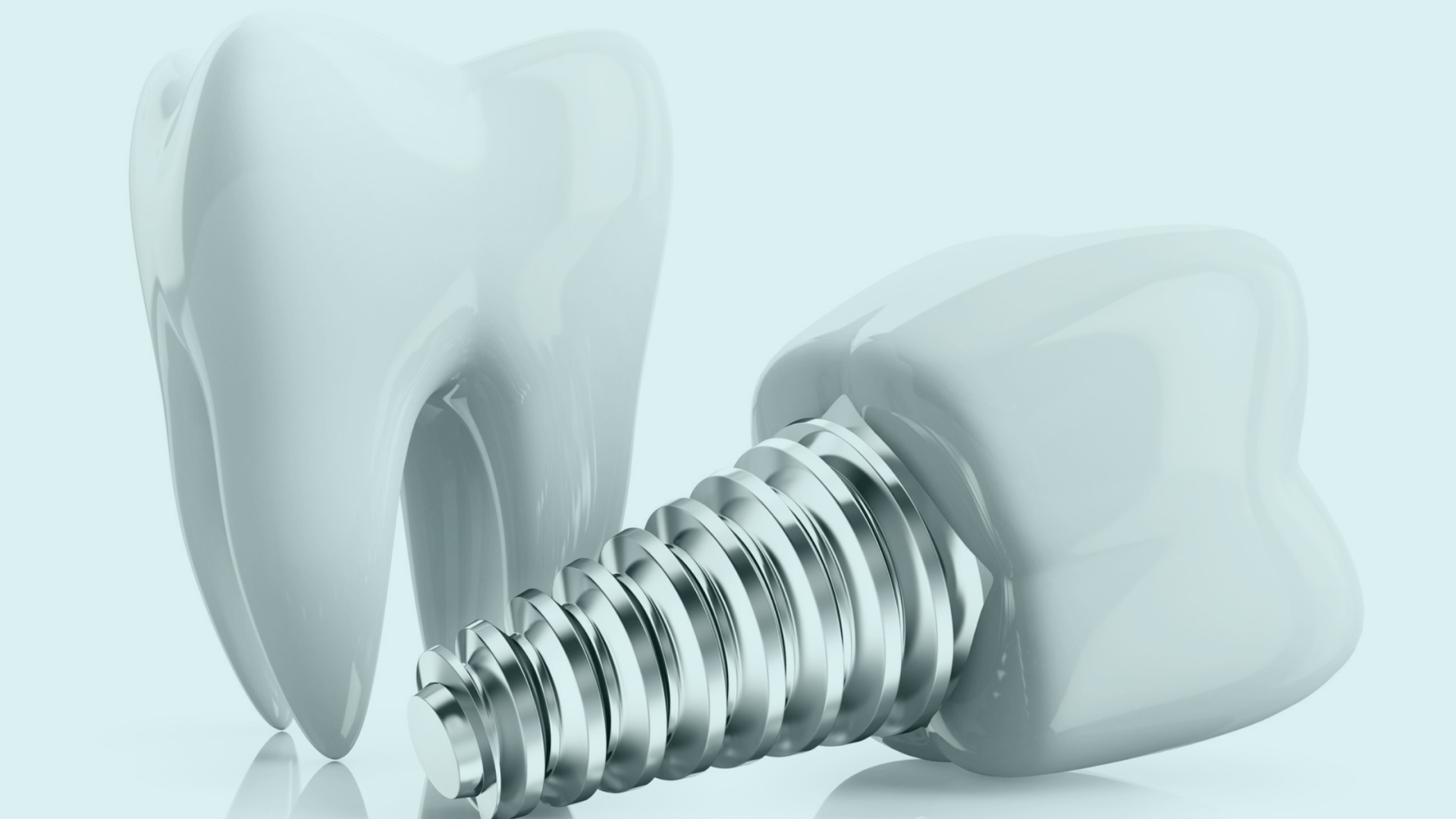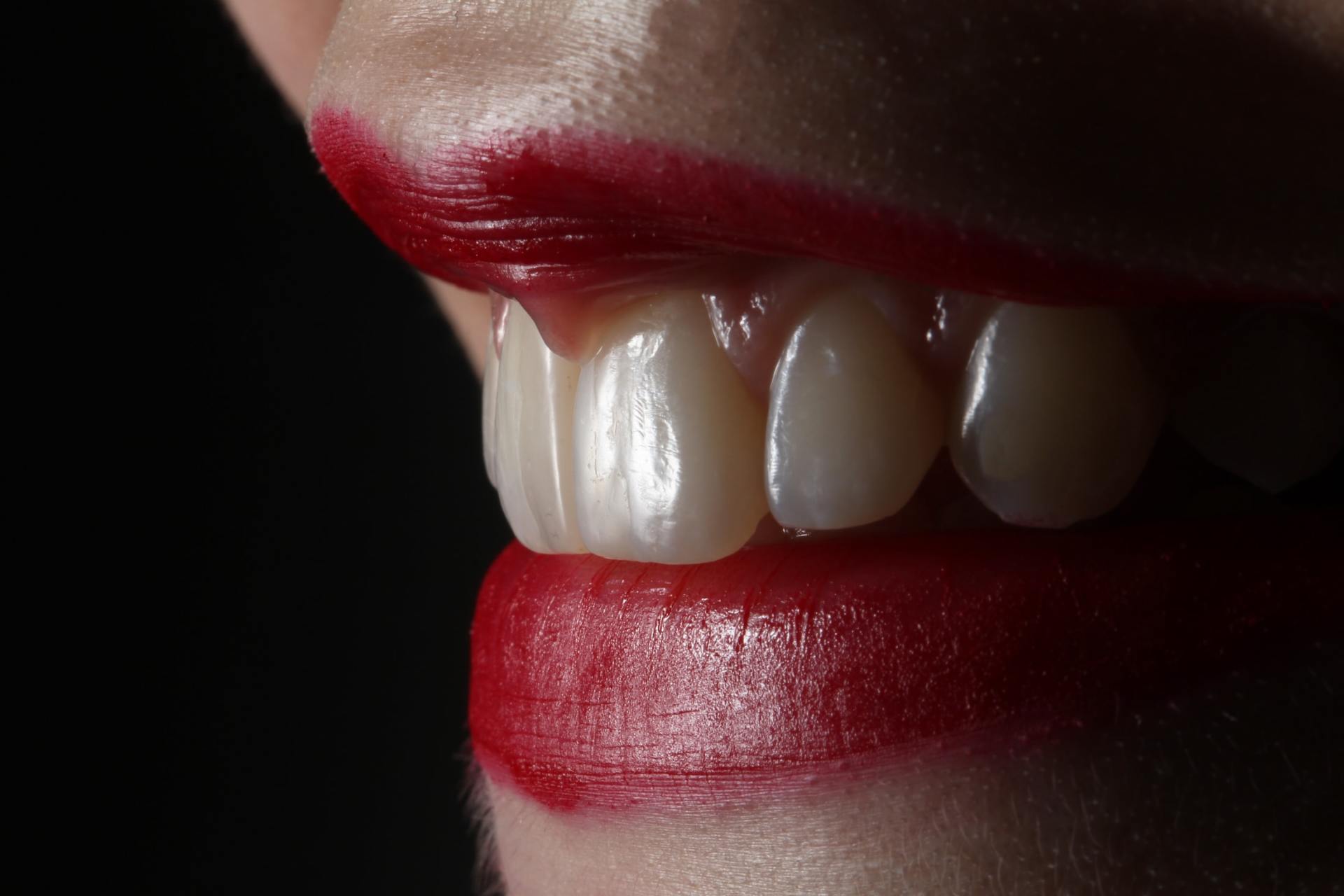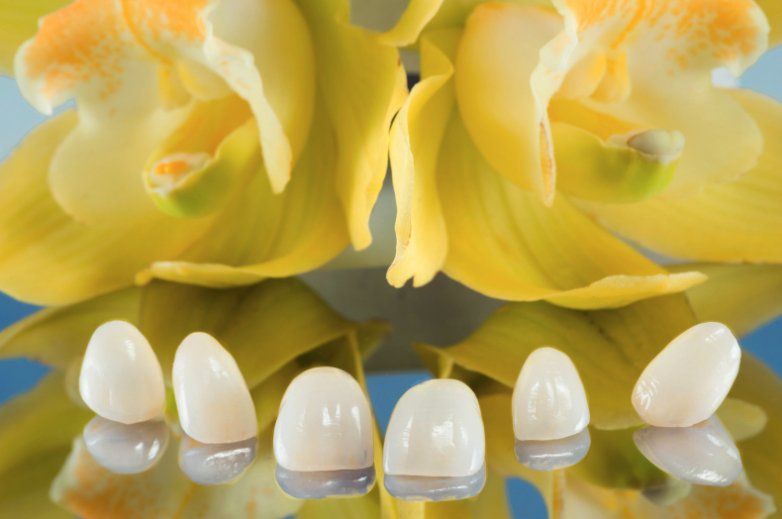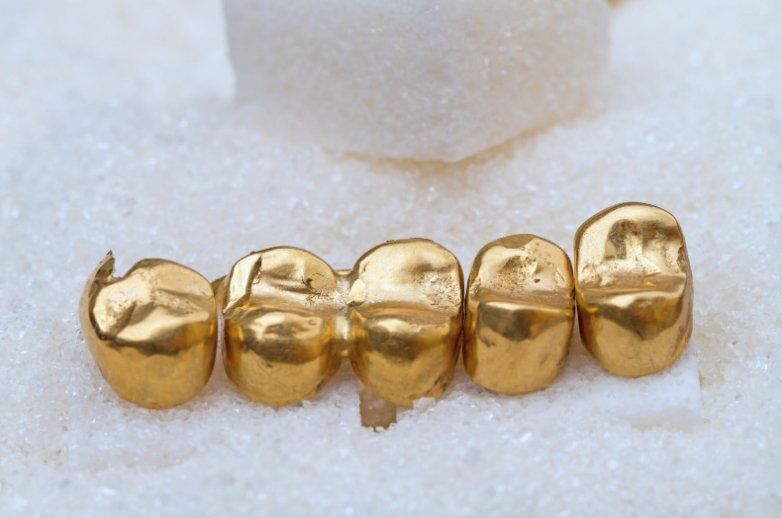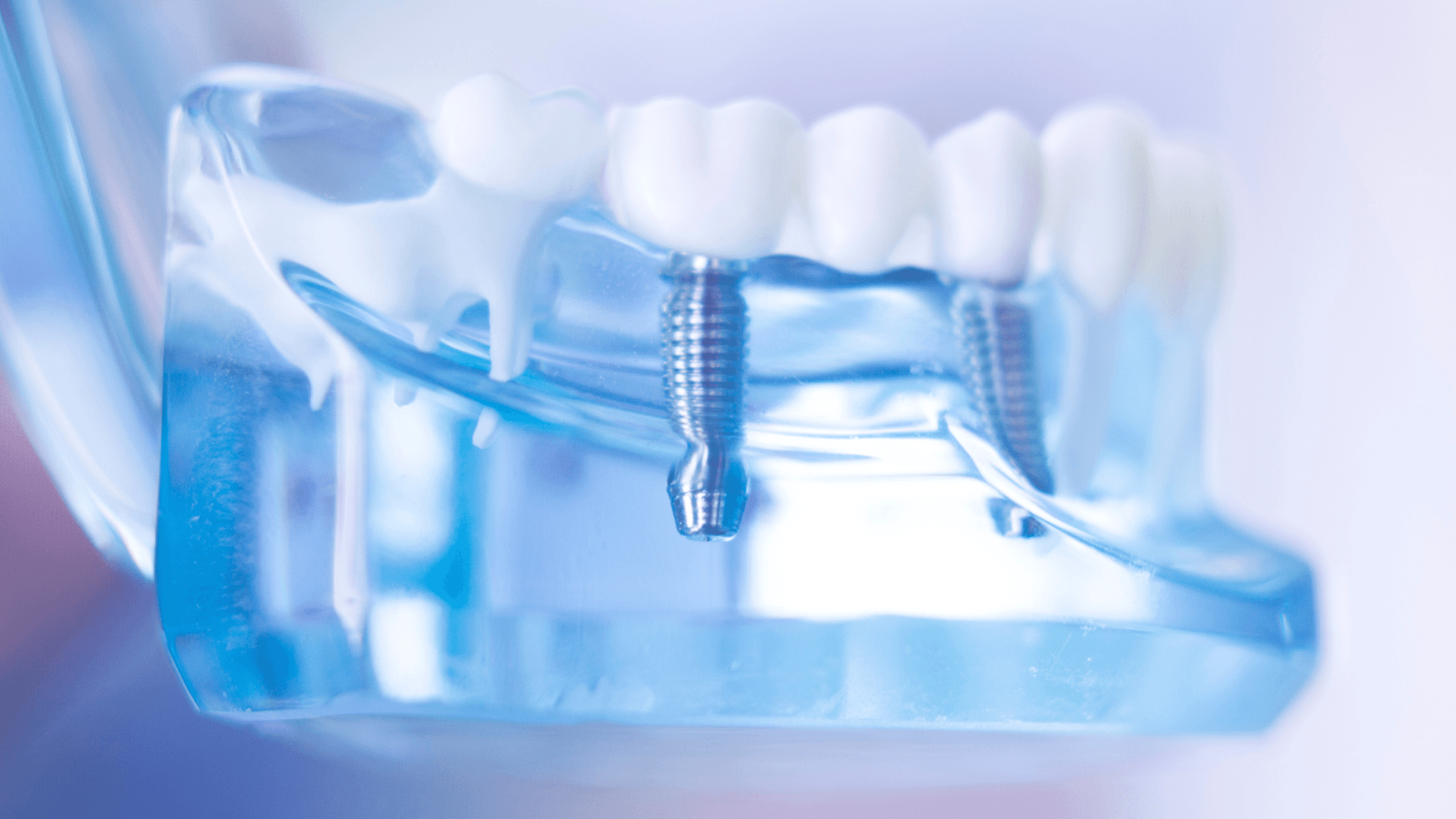How to Care for Implant Supported Dentures
One of the best solutions for patients with no teeth
Implant-supported dentures are an excellent option if you have lost all your teeth. They look and act like natural teeth and can help you feel more confident about your smile. Nevertheless, to keep a healthy and attractive smile, you need to make sure you practice good dental hygiene every day and not skip your regular check-ups.
What is a dental implant?
A dental implant is a structure made of titanium or other biocompatible materials designed to match the shape and function of teeth roots. They are placed into the bone to support a dental prosthesis such as a crown, bridge, or denture. One implant can be used to replace a single missing tooth, or multiple implants can be used to hold a full denture. Two to four implants are usually used to support a lower denture, and four to six implants for an upper denture.
Dental implant parts
A dental implant has three components: the implant post, the abutment, and the prosthesis.
- The implant post - is a tiny screw placed in the bone by a surgical procedure. Over time, the screw fuses with the bone and forms a stable base that acts as a root. This process typically lasts between four to six months. Once the process is complete, the remaining parts of the dental implant are installed. The implant post is made of a biocompatible material that can integrate with the bony tissue thanks to a biological process called osseointegration. The material widely used for this purpose is titanium.
- The abutment - is a small connector that holds the prosthesis. It is typically made out of the same material as the implant post, but other materials like zirconia and gold are also used. There are several types of implant abutments; their shape varies according to the implant system used. The abutments used for a denture are very different from the ones used for crowns or bridges.
- The prosthesis - is one or more artificial teeth that can replace missing teeth aesthetically and functionally. Depending on the number of teeth, it could be a crown, bridge or denture. A dental crown is used to replace a single tooth, a dental bridge to replace several teeth in a row, and an implant-supported denture to replace an entire jaw of teeth.
What is an implant-supported denture?
An implant-supported denture is a set of artificial teeth that are held in place by dental implants. They are used to replace missing teeth when all upper or lower teeth have been lost. It is a viable alternative when patients have enough bone to support the implants.
In the past, people have been using traditional dentures to replace missing teeth, but they can be uncomfortable and even problematic. Nowadays, implant-supported dentures are an alternative, which eliminates problems associated with shifting or moving. They are much more stable and durable than traditional dentures.
Types of implant-supported dentures
The denture has special attachments inside its base, which are connected to the abutment of the implant. According to the way the attachments are installed, there are two types of implant-supported dentures: bar-retained and ball-retained.
- Bar-retained dentures: A thin metal bar is designed according to the jaw's shape and attached to the implants' abutment. Clips or other attachments are then installed onto the bar and denture to hold the denture in place.
- Ball-retained dentures: A series of ball and socket joints are used to keep the denture in place. The dentist will install a socket in each implant and balls in the denture. Each pair will be aligned to create a stable connection.
Caring for your implant-supported denture
With proper care and maintenance, implant-supported dentures can last for many years or even a lifetime.
Careful cleaning is vital for both natural teeth, traditional dentures, and implant-supported dentures. Although dental implants will never get a cavity, they still need maintenance to keep them in the best possible condition. Without proper dental hygiene, the bone supporting the implant can get infected. This condition is known as periimplantitis.
Brushing the abutments
The abutments and the gums around them can be brushed using non-abrasive toothpaste and a soft-bristled toothbrush. This type of toothbrush can prevent marks on the surface of the abutments. This process might be a bit more complicated if the denture is not detachable. Avoid brushing too vigorously because it may lead to irritated or damaged gums.
Flossing
With fixed implant-supported dentures, flossing becomes more crucial than ever. People with implants are also vulnerable to gum disease caused by the accumulation of plaque around the implants. Luckily, there are special flossers designed for implants. You can complement flossing with oral irrigators. An oral irrigator is a device specially designed to access and clean difficult areas, such as the areas underneath a fixed denture.
Mouthwash
Antibacterial mouthwash will provide additional care. Look for sensitive cleaning products; otherwise, products that are too abrasive can cause extreme discomfort. Also, avoid products with intense flavours because they can leave an uncomfortable feeling in your mouth.
Denture cleaning solution
If the denture structure is detachable, you can remove it from your mouth and clean it thoroughly. Brush your dentures at least once daily using a denture cleaning solution and a soft-bristled toothbrush. Clean all denture surfaces removing bacteria and food particles.
Overnight cleaning
It is not recommended to sleep with dentures in your mouth. So, take your denture out at night and use the opportunity to clean it using water and a special soluble tablet to clean dental prostheses.
Professional maintenance
After placing an implant-supported denture, your dentist will establish regular appointments to ensure its proper operation. Your dentist will be able to perform a deeper cleaning. They will clean the gum-implant interface and every surface of the denture. They will also examine the condition of your gums and mouth tissues to be sure they are healthy.
The dentist will review if your denture is fitting comfortably. If your implant-supported denture is ill-fitting, it can begin to irritate your gums or other mouth tissues. So, during a dental appointment, your dentist can make the adjustments that you need.
The examination might include an x-ray evaluation or advanced imaging. In this way, your dentist can check if the abutments are placed correctly and if the dental implant is adequately attached to the bone.
If you have any questions about Implant-Supported Dentures in Brooklyn, do not hesitate to make an appointment with Dr. Kipnis at Kipnis Dental.
Contact
Office:
Email:
marinakipnis@hotmail.com
Address:
3041 Brighton 2nd St. Brooklyn NY 11235
Services
Dental Cleaning
Dental Veneers
Crowns & Bridge
Extractions
Gum Treatments
Implant Restoration
Invisalign
Root Canal
Sleep Apnea
Teeth Whitening
Dental Cleaning
Dental Veneers
Crowns & Bridge
Extractions
Gum Treatments
Implant Restoration
Invisalign
Root Canal
Sleep Apnea
Teeth Whitening
Quick Links
Designed by Keter Capital

